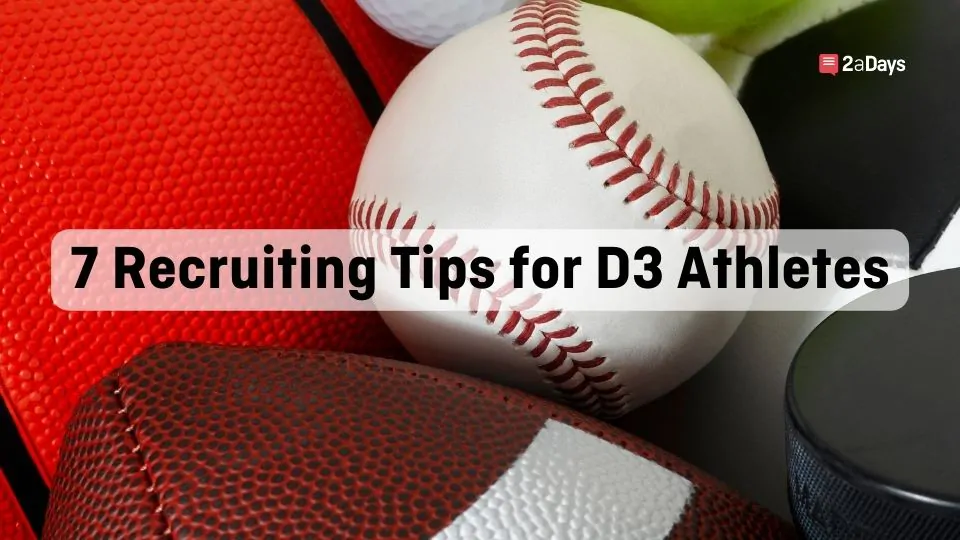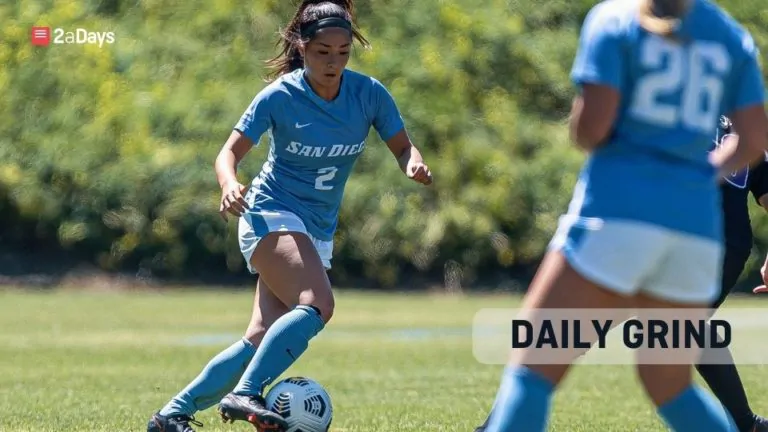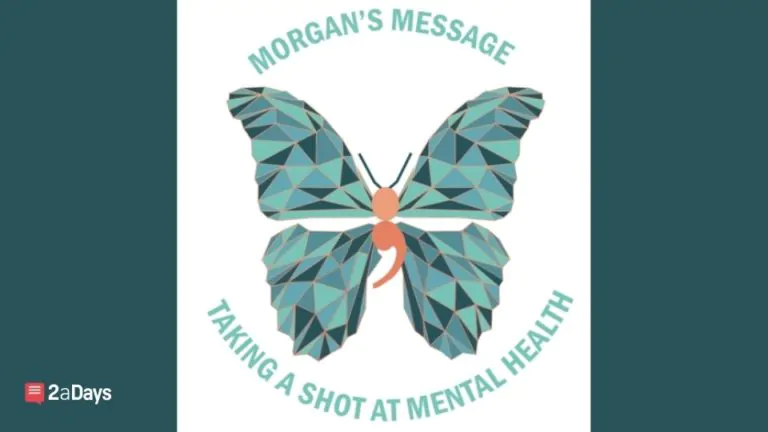Contrary to popular belief, Division 3 athletics provides the largest number of opportunities and scholarships for collegiate student-athletes. That being said, DIII colleges might be the right choice for you. If you are looking to pursue an athletic career in DIII sports, here are some suggestions:
Be Open to DIII
DIII athletics give you the opportunity to have a well-rounded college experience. Traveling during the season isn't nearly as intensive as the big DI programs. Unless you are going away for spring break or you are competing in the NCAA championship, you will most likely be traveling to games via bus. This means you won't be missing as many classes as a DI athlete would. Off season is where you will have the opportunity to study abroad, get a job, an internship and focus on your academics.
Find a Good Fit
During the recruiting process, it is easy to get swept off your feet with coaches contacting you but you have to make sure the colleges you are looking at are the right fit for you athletically and academically. Looking into the athletics at the school is also paramount. Check the roster to see how many players are already in your position, watch live streaming games to see if you have a comparable playing style, see what the facilities are like, ask how many players are in your recruiting class, and check the ranking and winning record over the past five years. And remember: a lot of top DIII programs are highly competitive and are also recruiting potential DI players so you might not be sacrificing quality if you choose DIII over DI.
Related: Rate your Coaches, Facilities, and Campus Visits
Hit the Road
Visit as many colleges as possible, even if they are close to where you live so you can determine what you do and do not like about colleges. It will make it easier to narrow down your list from early on.
Be Proactive
DIII college coaches have less money to work with, especially when it comes to recruiting. There are also limited rules for player/coach contact and visiting colleges to even the playing field with D1. That being said, being proactive and reaching out to coaches early on can benefit your recruiting process. Emailing or filling out a recruiting questionnaire are great first steps, but if you feel strongly about a school, call the coach and let them know. It shows initiative and that you are serious about adding value to their program.
Don't Rely on Mom and Dad
It may be tempting to take a back seat but do not let your parents do all the work for you in the recruiting process. Your future coach will want to speak with you and get a sense of who you are. So take the initiative!
Related: 4 Tips for Parents of Recruits With College Potential
Remember to Consider Scholarships
According to the NCAA, DIII is the largest division, and 82% of DIII athletes receive a scholarship averaging around $17,000 (but none are athletic). To put things into perspective, 55% of DI athletes receive scholarships. How is this possible? DIII colleges provide a plethora of grants, need to be based and merit based scholarships that are open to any athlete. The good thing about DIII scholarships, (since they are not athletically based) is if you come across an injury each school varies in what they offer, so make sure this is another topic you are researching.
Be sure to communicate with the coach and admissions and explain what you are looking for as far as a scholarship is concerned so they can plan accordingly. During this process you should ask questions, so have them prepared.
Related: Understanding Athletic Scholarships
Take it From Me (A Former DIII Athlete)
Navigating the DIII recruiting process is not glamorized as DI, but it can be just as exciting. You have the chance to dive into each program and decide which school, social setting and athletic program is best for you. When I was going through the recruiting process, I took 3 DIII recruiting trips to Middlebury College, Skidmore College, and Brandeis University. Ultimately, I decided to attend Skidmore, but throughout my visits, I was able to bond with the team, meet the coach, sit in on classes and more so see what the day-to-day lifestyle was like for a college athlete.
One of the best components of being recruited to a DIII college was that the classes were small and intimate and the student engagement was high in the classroom. Lastly, It is easy to get a full experience at a DIII school in just one day, which may not be possible at a big university.
Have an idea for a story or a question you need answered? Want to set up an interview with us? Email us at [email protected]
* Originally published on September 9, 2022, by Keirsten Sires







